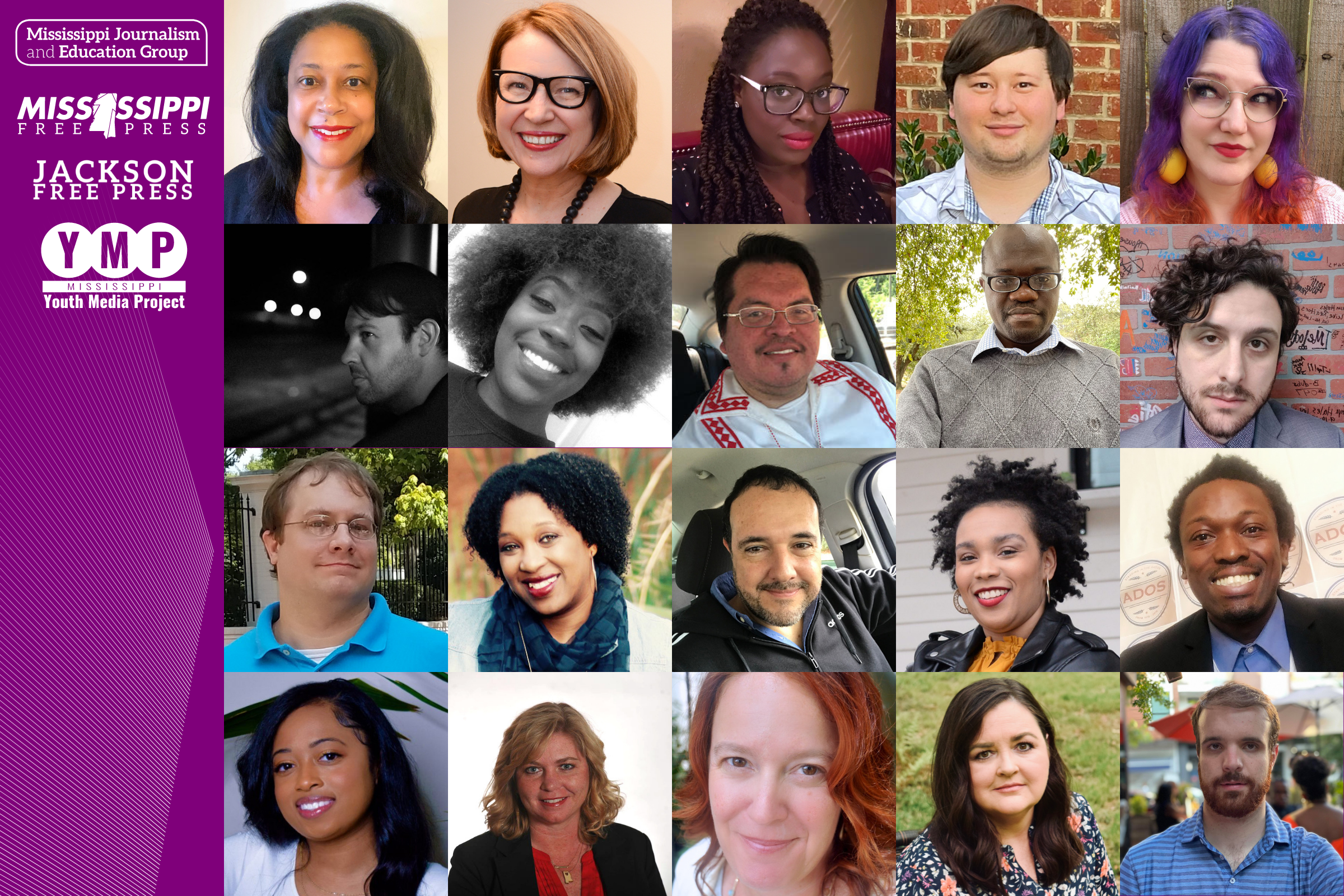The Mississippi Free Press has enjoyed accolades almost from the day editor Donna Ladd and then-senior reporter Ashton Pittman decided to start reporting about the pandemic as it started in March 2020 even though MFP didn’t even have a website ready to go. They dug in, posting on a temporary site, and in less than a month the New Yorker magazine was citing and drawing from Ashton’s COVID-19 and Tate Reeves reporting.
From there, we’ve enjoyed immense growth in readers, journalistic reputation, impact and team size, even as we’ve had no staff turnover since March 2020 launch (and many of us worked together for years before that, which explains our amazing dedicated team and camaraderie). We’ve won 46 awards and honors so far for our journalism over two years for our first two years of work. And, yes, our work has made a difference in myriad ways. Impact is kind of our middle name.
In 2023 alone, we made a difference—and raised awareness about where a difference should be made. We went beyond complaining and challenged closed government decision-making, and our ongoing Trusted Elections voting-precinct investigation and mapping gave national civil-rights organizations evidence to challenge the State of Mississippi, and county precincts, to do a far better job. We exposed horrific living conditions in apartments in the Mississippi Delta that the media there were largely ignoring. A federal judge cited our Hinds County jail coverage repeatedly on the road to finally demanding improvement in the conditions of detention centers.
Of course, our Jackson water coverage continued to set the journalistic standard for the types of questions that must be asked of local, state and federal governments. And our explanatory, truly non-partisan coverage of the Welfare scandal in Mississippi put the scandal in a fuller context that helped people across the country understand the actual timeline in a way that no other news outlet has done to date.
Stories with Direct Impact in 2023
In December, the Mississippi Ethics Commission debated whether the Mississippi Legislature is a public body under the Open Meetings Act, in debating a complaint by the Mississippi Free Press and reporter Nick Judin, who was kicked out of covering a meeting of the House GOP caucus in April. Here’s our original complaint. The MFP working with the Mississippi Center for Justice and attorney Rob McDuff now plan to appeal the commission’s ruling against transparency.

A coalition of civil-rights and voting-rights groups cited MFP findings in an urgent letter to Mississippi Secretary of State Michael Watson on Friday, Oct. 14, demanding solutions to voter disenfranchisement. MFP investigations in 2020 and 2022 have revealed that the Statewide Elections Management System is not being adequately updated, resulting in thousands of Mississippians being misinformed on where they should vote.
Reporter Kayode Crown’s reporting about conditions inside Hinds County detention centers cited repeatedly in court filings raised awareness about the urgency of the conditions, which resulted in judicial-demanded jail oversight after decades of poor, dangerous conditions.
Nick Judin’s reporting in early October on an ailing apartment complex just outside Cleveland, Miss., after two deaths there affected many Mississippians in dire need: A Bolivar County Chancery Court Judge issued a 10-day temporary restraining order on Oct. 17, 2022, against the management. The order requires that residents be provided alternative housing and adequate meals until proper repairs and inspections are completed on their units.
Senior Reporter Ashton Pittman’s and freelancer Liam Pittman’s piece, “Indepth: How Brett Favre Secured $6 Million In Welfare Funds For A Volleyball Stadium,” received national attention and traffic. Ashton’s and Liam’s follow-up timeline of events related to this scandal is exhaustive and helpful.
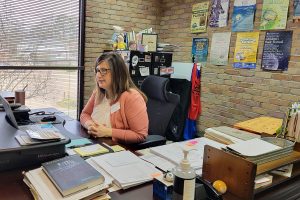
Our Jackson water crisis investigations in 2021 and 2022 have dug deep into the systemic reasons for this ongoing crisis affecting the capital city, leading to widespread national and international news coverage, including of the history of the State of Mississippi refusing water assistance to the capital city.
Nick Judin’s coverage of attempts to censor LGBTQ-related materials at the Ridgeland Library and follow-up reporting led to international attention, as well as a campaign to raise more than $100,000o initially withheld from the library for displaying the materials.
Staff Favorites 2022
We invited MFP team members to share their favorite 2023 story—their own or one from another team member—and here are their choices:
Cristen Hemmins, Director of Giving: One of my favorite outcomes of MFP journalism in 2022 was Ashton Pittman’s journalism being cited in an amicus brief to the Dobbs SCOTUS case by 223 Members of Congress, from a 2021 Mississippi Free Press abortion story, here (page 13).
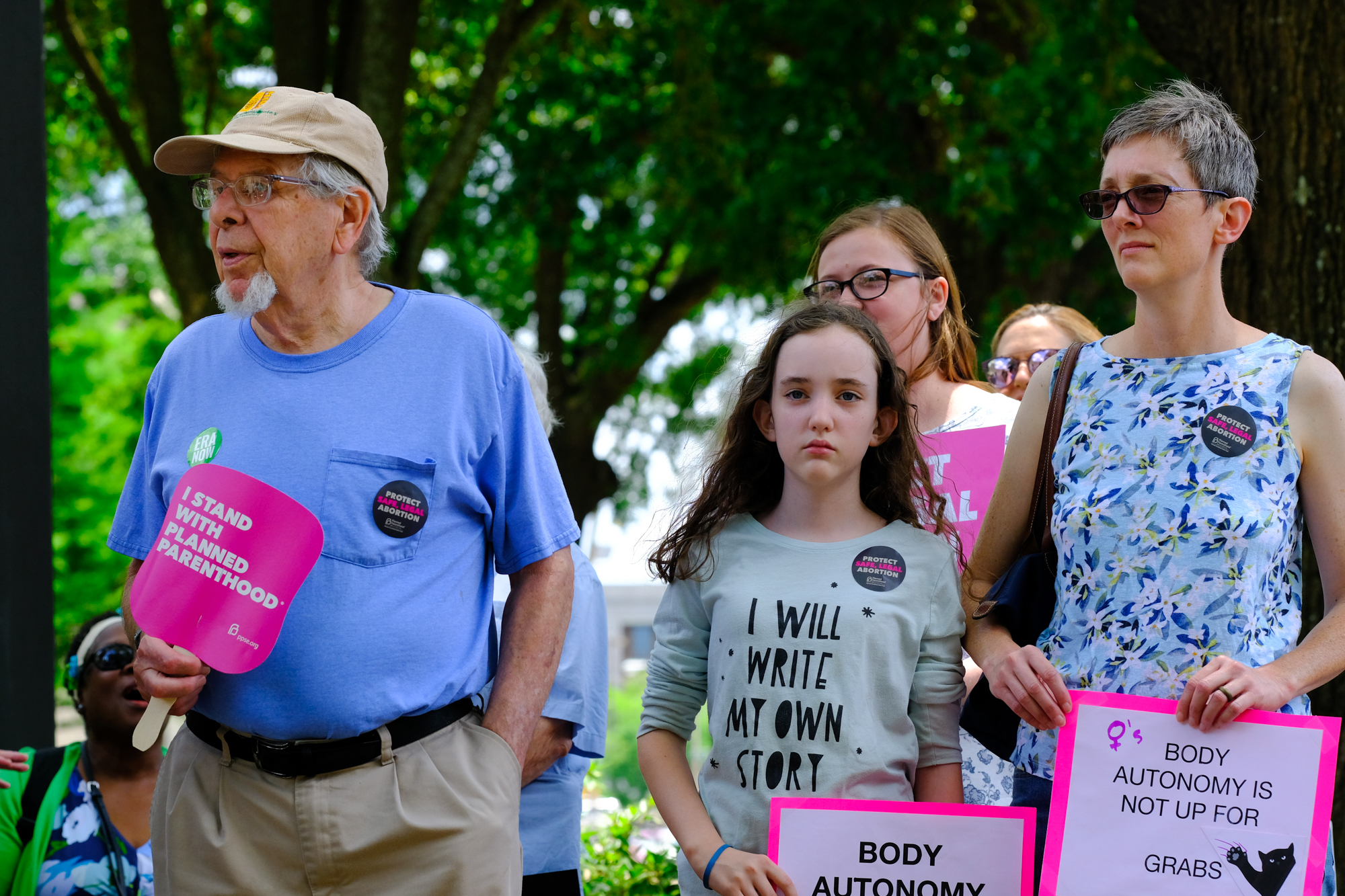
Kimberly Griffin, Publisher and Chief Revenue Officer: Nick Judin’s work on the Sunset Village apartments because it likely saved lives.
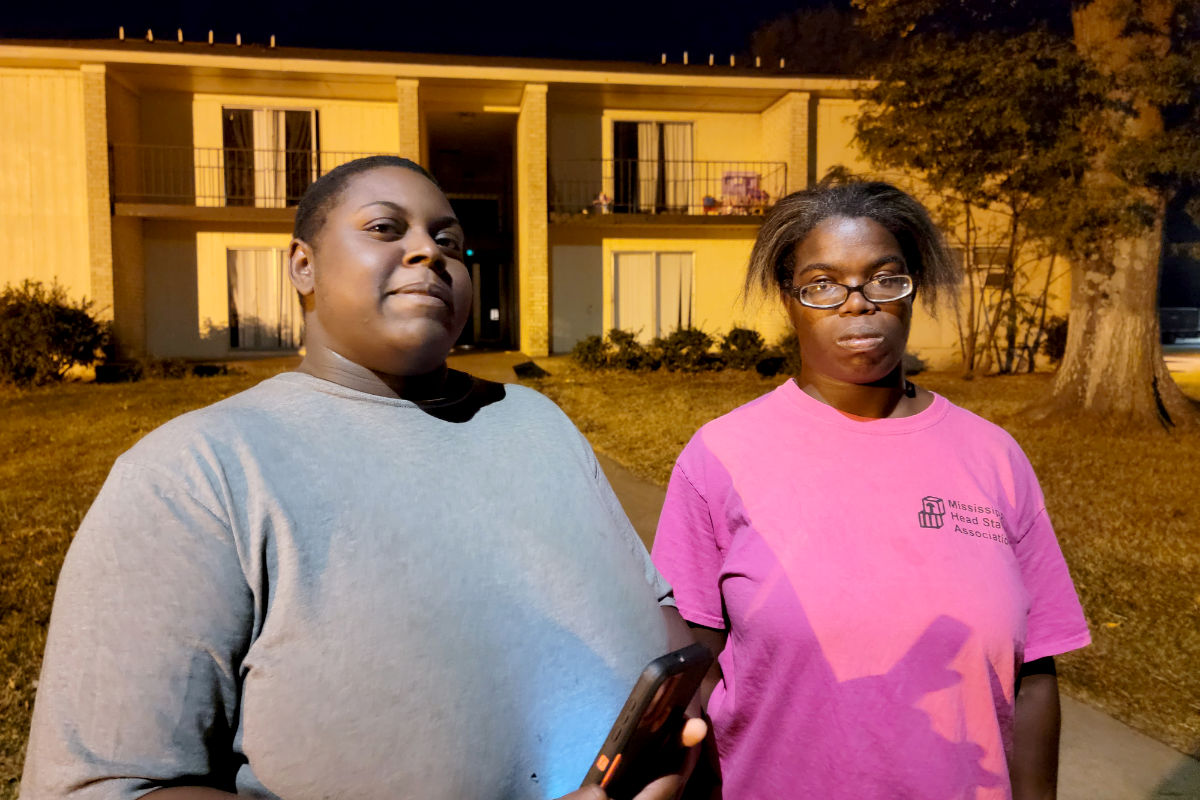
Laurel Isbister, Operations Coordinator: Torsheta Jackson’s BWC solution piece, “One Crop At A Time: School Farms Target Food Insecurity, ‘Supermarket Redlining,'” had a lot of great information. I am volunteering with a local group in order to build a community garden, and I was interested to find out more about what other groups have done. It was encouraging to read about people who are working to change difficult trends.
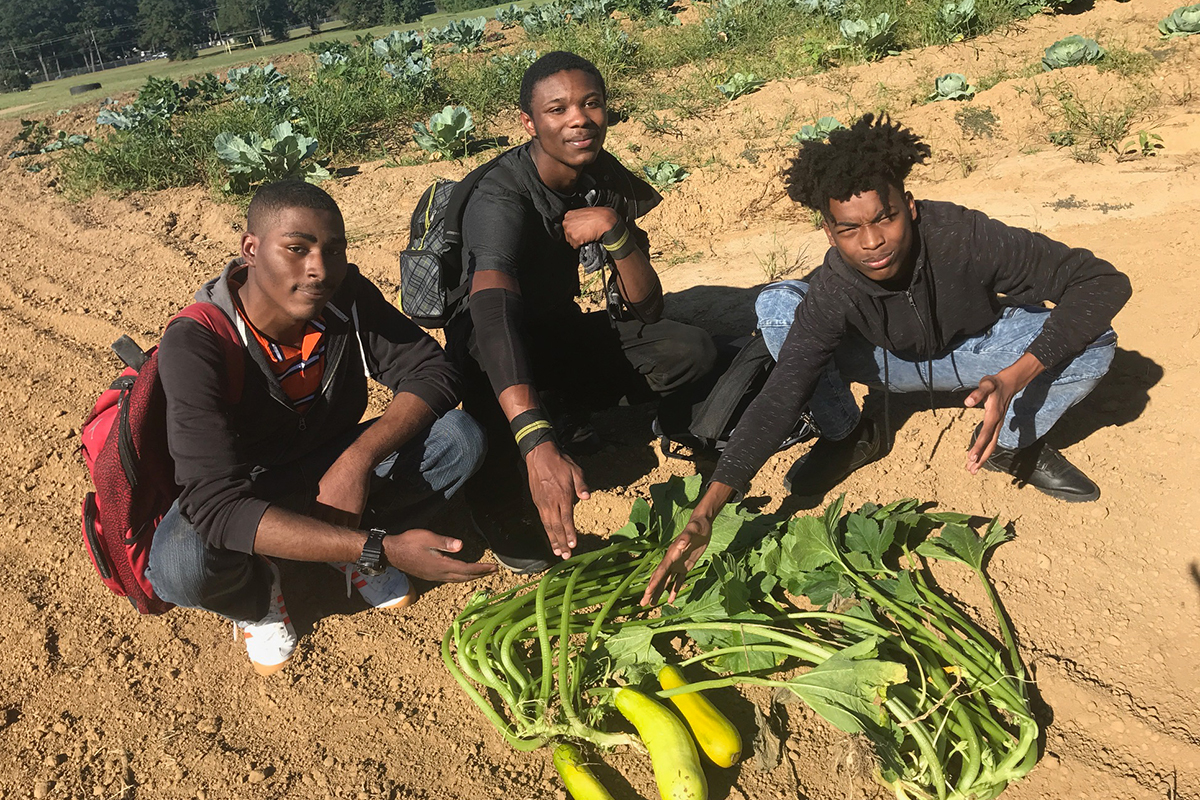
Kristin Brenemen, Creative Director: Our Jackson water coverage has been topnotch this year.
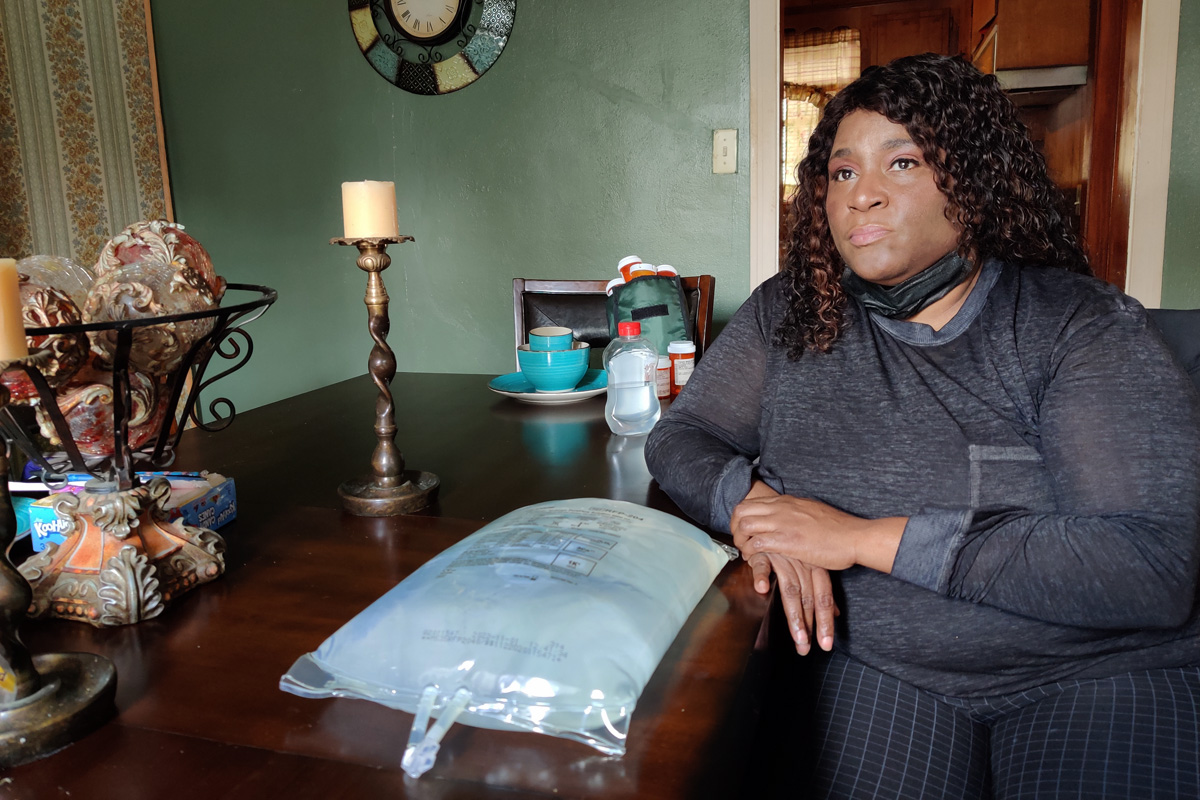
Nick Judin, Infrastructure Reporter: Aliyah’s piece on mothers building solutions against gun violence was incredibly powerful. This is solution journalism at its finest and most urgent.
Azia Wiggins, Deputy Editor of Voices and Systemic Reporting: I thoroughly enjoyed working with both Duvalier Malone and his husband Dr. Adrian Mayse to highlight their powerful and inspiring love story. It’s very important to me for Black men in Mississippi—no matter their age, sexuality/sexual orientation or status—to feel seen, valued and intentionally represented.

I also loved Aliyah Veal’s music piece published in Feb. 2022, “‘No, I Can’t Lose’: Mississippi Rappers Pass Mic, Change Narrative At Jackson Indie Music Week.” It’s encouraging as a fellow Mississippi creative to witness the progress towards positively changing the narrative in Jackson while putting on for the capital city. This piece showcases new rap artists and gives readers a glimpse of young creatives unifying to spotlight one another. It uplifts our unique flavor, our culture and is a tangible representation of, “Yes, Jackson is predominantly Black, alive and thriving,” and how we can tell our own stories our way.

Nate Schumann, Deputy Editor of News and Features: I have multiple stories from 2022 that I deem very important and representative to who the MFP is as a publication:
Ashton Pittman relayed the story of a young, queer educator who was threatened with job termination for answering a student’s question about her sexuality when asked. This article encapsulates the struggles that LGBTQ+ Mississippians undergo, particularly in but not exclusive to the workplace, for simply existing—regardless of whether those discriminatory practices spit in the face of federal law.

Dustin Cardon’s expansive research into the railroad industry highlights the commonalities Mississippi cities who owe their economic success to trains share. The sources he interviewed show that hobbies and special interests can keep Mississippi history alive, as they continue to celebrate trains to this day.
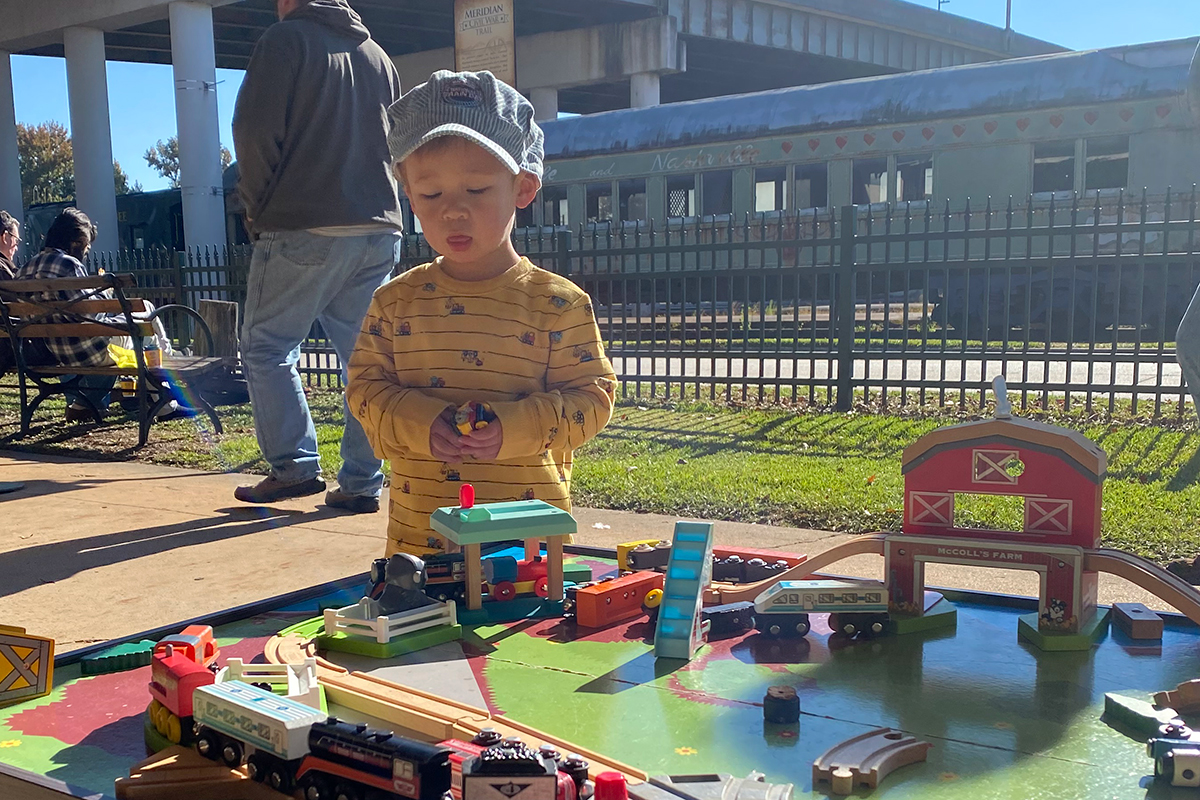
Sherry Lucas’ feature story spotlighting a Ridgeland-based stained-glass artist demonstrates that Mississippi remains a birthplace of talent. The fact that renowned author Neil Gaiman reached out to Rob Cooper directly to commission his services and shared our story on his public Facebook page (earning 8.2k likes in a single day) shows that Mississippians’ reach can go global.

Lukas Flippo’s deep dive into photojournalist and editor Bonny Parham resurrected a treasure trove of Amory, Miss., history and genuinely helped me feel as if I had personally known this since-departed pioneer of women powerhouses in Mississippi.
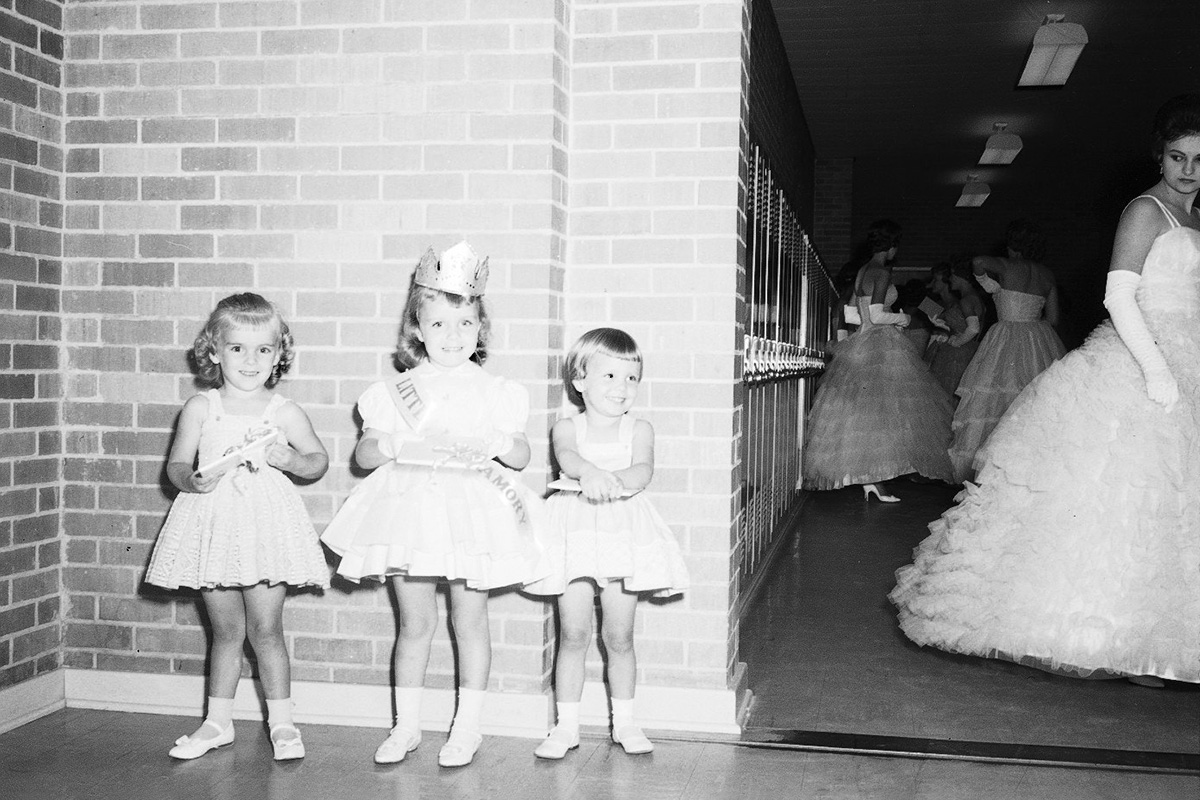
During his internship, Lukas attended a Jackson-based “queerceañera” wherein a trans woman celebrated her womanhood among supportive friends and other LGBTQ+ allies. The Latin American tradition typically excludes women like Li Ann Sanchez, but this article shows that organizations in this state aspire to break down those barriers and help Hispanic and Latin American Mississippians unashamedly live their most authentic lives. Intern Z’eani Furdge shot video for the piece as well.

Donna Ladd, Editor & CEO: In addition to every piece listed above, Ashton Pittman’s three-part deep-dive into Christian Nationalism, the push for dominionstic theocracy and a reveal of the actual authors of the anti-abortion laws in Mississippi that overturned Roe vs. Wade was outstanding, urgent and impactful. Until that series, very few media outlets in the country had touched this elephant in the American room. Ashton explained this reality brilliantly in the series, which seeded many follow-up stories across the nation as well as corrected false media narratives in the state false reporting that state legislators had authored the legislation. Very, very important work.
I love everything that culture reporter Aliyah Veal writes, but I’ve really appreciated her work expanding cultural understanding “beyond Black and white,” as we often put it. Her feature in 2022 on Choctaw elementary students performing tribal dances was delightful and education (and Acacia Clark’s photos were perfection). And of course, every column Roger Amos writes about his people and culture is outstanding and informed by history. The one about the Choctaws and the three murdered civil rights workers in 1964 in our home county was breathtaking work in 2022.

Kayode Crown’s criminal-justice work—every single piece—is outstanding and goes further and deeper than I’ve ever seen happen in Mississippi media go. His recent deep-dive piece on the life-imprisoned Glen Conley, who claims his innocence, has a new and riveting surprise in every section. And his piece on the police killing on 15-year-old Jaheim McMillan on the Gulf Coast raises vital questions that still haven’t been answered.
Of course, every single story in our award-winning and ongoing “(In)Equities and Resilience: Black Women, COVID-19 and Systemic Barriers” project is outstanding. Freelance journalist Torsheta Jackson’s work on education inequities in her home county of Noxubee is really setting the standard for and helping us think about our upcoming Education Inequity Solutions Lab across Mississippi. And Aliyah’s BWC work on causes and potential solutions for Hinds County violence is essential journalism in a time when finger-pointing takes the place of violence solutions both inside and outside Mississippi media organizations.

Freelance journalist Grace Marion did amazing work on myriad topics including a series on the fight to build a mosque in Horn Lake, Miss., but my favorite piece was a long-form story on the racial dynamics around what parks in Batesville, Miss., get funded and which ones don’t. Her shoe-leather public meeting coverage is unparalleled in Mississippi. We hope she returns after grad school at Berkeley. Grace’s detailed coverage of the murder of Jay Lee in Oxford is unmatched.
Of course, you must read every single piece our award-winning columnist Leo Carney writes. He uses his knowledge, network, historic connections and compassion in a way that every single columnist should do. More voices like Leo’s is needed in American journalism. Oh, and he breaks national stories like the Harvard reparations controversy.
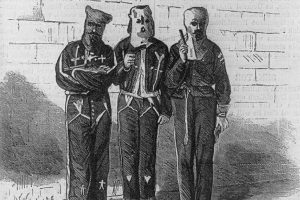
Finally, I’m also very proud of the work we published in the Mississippi Race Violence Project, which we hope to do far more of in 2023. Jerri Bell’s long-form piece on the Clinton Race Massacre is substantive and shocking; Grace Marion’s on the lynching marker’s resolution in Oxford is human and caring; and Dickie Scruggs’ column calling for a marker for the courthouse yard lynching of Lamar Smith in 1955 was urgent and honest. And my own most meaningful work of the year, while difficult to research and write and read, was my long-form piece on decades of white terrorism against Black education in Noxubee County—and a deep-dive feature on Lamar Smith and the lynching/massacre tradition in Brookhaven and Lincoln County.
I also urge you to read my explainer on segregation (and Mennonite) academies in Noxubee County and beyond and the devastating effects on integrated and equitable public education. And watch our MFP Live interview with Ellen Ann Fentress about segregation academies.
Top 12 Most-Read Stories in 2022

- In-Depth: How Brett Favre Got $6 Million In Welfare Funds For A Volleyball Stadium by Ashton Pittman and William Pittman
- Ex-GOP Gov Candidate Calls For ‘Firing Squad’ For Trans Rights Supporters, Political Foes by Ashton Pittman
- Mississippi Welfare Scandal Timeline: Brett Favre And The Volleyball Stadium by Ashton Pittman and William Pittman
- ‘You Should Be Grateful:’ Thee Jackson State University Is Perpetually SWAC by Dr. Arianna C. Stokes
- Black FedEx Driver Says White Men Chased, Shot At Him During Deliveries by Ashton Pittman
- Ridgeland Mayor Demands LGBTQ+ Book Purge, Threatens Library Funding by Nick Judin
- 12-Year-Old Incest Victims Should Birth Dad’s Child, House Speaker Gunn Says by Ashton Pittman
- Gulfport Police Kill 15-Year-Old Jaheim McMillan, Prompting Search For Answers by Kayode Crown
- ‘Do Not Drink The Water’: Jackson Water System Failing For 180,000 People by Nick Judin
- Wicker Calls Black Woman Supreme Court Pick An Affirmative Action ‘Beneficiary’; White House Responds by Ashton Pittman
- Texts: Gov. Reeves Talked To Brett Favre About Using State Funds For Volleyball Facilities by Ashton Pittman
- ‘A Wrong Never Righted’: Court Upholds Mississippi’s 1890 Jim Crow Voting Law by Ashton Pittman
To support more journalism like the above work, and to help grow our award-winning reporting team, please give any amount for our nonprofit journalism at mfp.ms/donate or become a recurring MFP VIP Club member for as little as $10 a month at mfp.ms/join.


